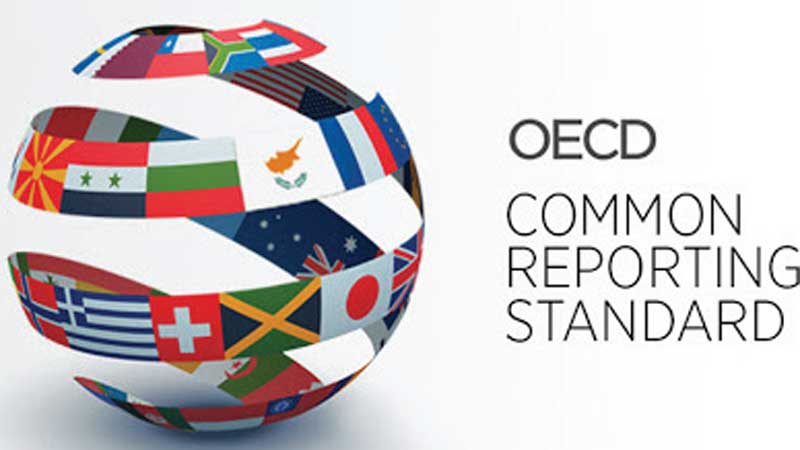

Anti-tax avoidance: In all, 32 countries are participating along with Oman in the automatic exchange of information for tax purposes
MUSCAT, SEPT 20 -
The Central Bank of Oman (CBO) has directed commercial banks, as well as finance and leasing companies (FLCs), operating in the Sultanate to begin scrupulously implementing the provisions of the Multilateral Competent Authority Agreement on the Exchange of Financial Information – an international convention that seeks to, among other things, combat offshore tax evasion.
A recent circular signed by CBO Executive President Tahir Salim al Amri has called on all banking and financial institutions to comply with the requirements of the Common Reporting Standard (CRS), which forms the centrepiece of the agreement.
The Common Reporting Standard (CRS) is described as a global standard developed by the Organisation for Economic Cooperation and Development (OECD) to support the automatic exchange of financial account information.
Following the promulgation of Royal Decree 34/2020 on March 25, 2020, which approves the Mutual Administrative Assistance in Tax Matters Agreement, the Sultanate has effectively ratified the Multilateral Competent Authority Agreement on the Exchange of Financial Information.
The Common Reporting Standard requires, among other things, financial institutions to identify customer tax residencies and report financial accounts held directly or indirectly by foreign tax residents to local tax authorities. It also obliges tax authorities to exchange this information in a transparent and regular manner. More than 100 countries, including all financial centres around the world, have committed to CRS.
In line with its commitments, the Sultanate has mandated all financial institutions to ascertain the tax residency status of all account holders, whether belonging to individuals, legal entities or ‘controlling persons’.
This measure is being implemented in two distinct steps: firstly, new accounts opened with effect from July 1, 2019 must necessarily be accompanied by a ‘Self-Certification Form’, which determines the tax residency status of the account holder; secondly, with regard to existing accounts (also known as ‘pre-existing accounts’), financial institutions are required to do due diligence and obtain the tax residency status of the account holders.
Financial account information of account-holders that are not residents of Oman in terms of their tax status — also known as ‘reportable accounts’ — will be shared with any country with which the Sultanate has an agreement.
In all, 32 countries are participating along with Oman in the automatic exchange of information for tax purposes.
The list includes: Portugal, Sweden, Denmark, China, UK, Austria, India, Japan, Greece, Spain, Estonia, Italy, Germany, Ireland, Belgium, Bulgaria, Czech Republic, Slovakia, Romania, Slovenia, Singapore, France, Finland, Cyprus, Croatia, Latvia, Luxembourg, Lithuania, Malta, Hungary and the Netherlands.
Banks and FLCs are required to submit periodical reports to Oman’s Tax Authority for sharing with the 32 countries participating in the Automatic Exchange of Information for Tax Purposes.
Oman Observer is now on the WhatsApp channel. Click here



